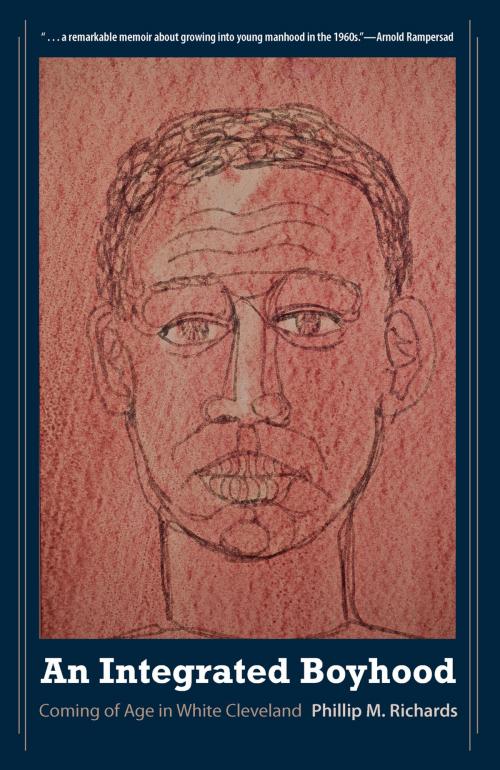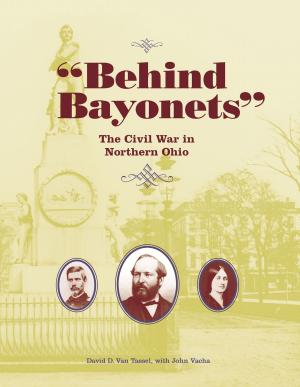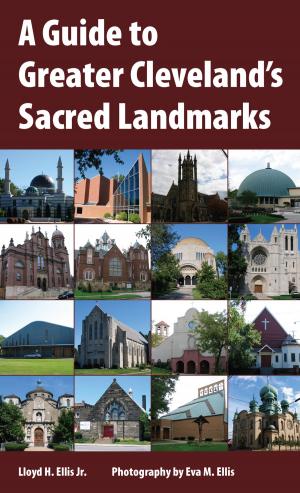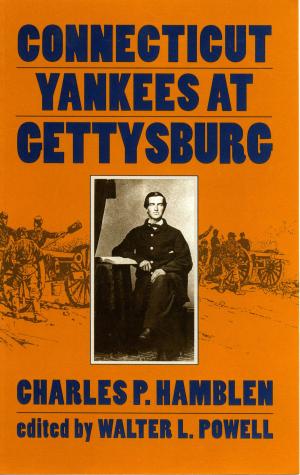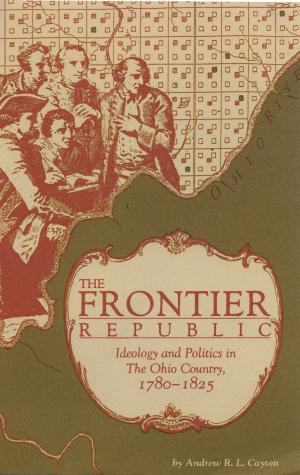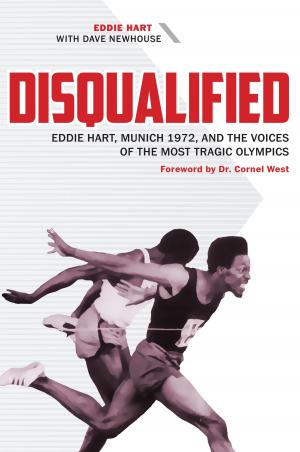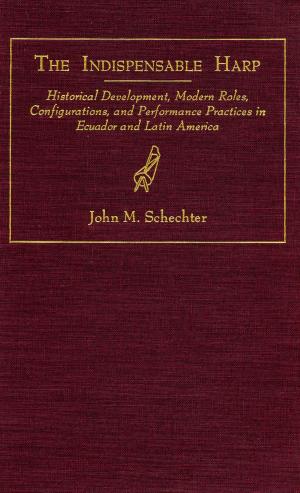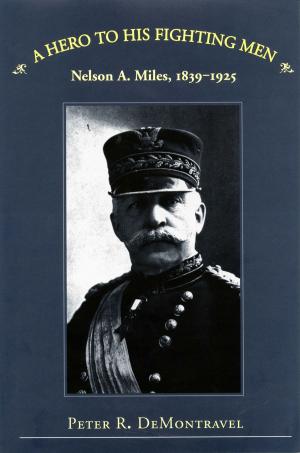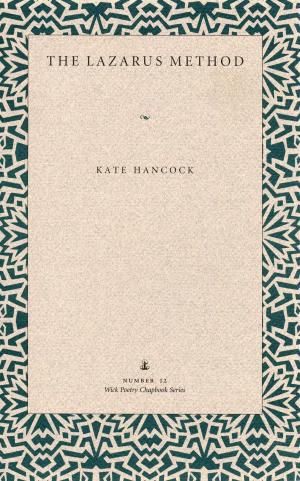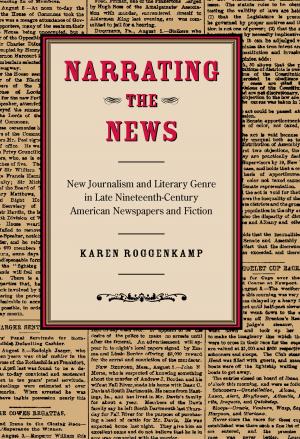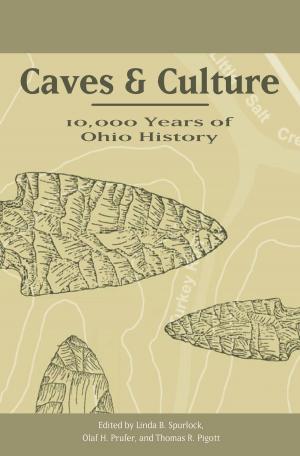| Author: | Phillip M. Richards | ISBN: | 9781612779829 |
| Publisher: | The Kent State University Press | Publication: | January 20, 2014 |
| Imprint: | The Kent State University Press | Language: | English |
| Author: | Phillip M. Richards |
| ISBN: | 9781612779829 |
| Publisher: | The Kent State University Press |
| Publication: | January 20, 2014 |
| Imprint: | The Kent State University Press |
| Language: | English |
The memoir of a bookish black youth in mid-twentieth century Cleveland
When Phillip M. Richards graduated from Yale in 1972, he had fulfilled his parents’ dreams. Like many other black Clevelanders of their generation, they had come up from the South in the late forties and moved from neighborhood to neighborhood in search of better schools. As they followed bourgeois African Americans’ circular migration from Mt. Pleasant to Lee Harvard to South Taylor Road and finally to Forest Hills, Richards’s parents provided him with all of what they called “the good situations”: major work, classes at the Institute of Music, Boy Scouts, and education at University School—which midcentury Cleveland could offer its most ambitious new black residents.
In An Integrated Boyhood, Richards candidly describes how this exemplary middle-class Cleveland sojourn left him hopelessly confused and dislocated at the very moment of his parents’ triumph. His narrative of success provides the background to a more private turmoil: Richards’s struggle to read the shifting meanings of his privileged experience amid the city’s shifting racial lines, the fringe on the Left, the tumult of rising black consciousness, and the fears of nervous white suburban neighbors. This coming-of-age story sings the undersong of an older generation’s hard-won success. Like all black Clevelanders, Richards was forced to struggle for his understanding of the city’s—and his own—endless racial confusion in the midst of frightening historical change. It is this reality that recurs throughout Richards’s memoir: the early encounters of a scared, bookish African American boy from Mt. Pleasant with what can only be described as thereal world.
The memoir of a bookish black youth in mid-twentieth century Cleveland
When Phillip M. Richards graduated from Yale in 1972, he had fulfilled his parents’ dreams. Like many other black Clevelanders of their generation, they had come up from the South in the late forties and moved from neighborhood to neighborhood in search of better schools. As they followed bourgeois African Americans’ circular migration from Mt. Pleasant to Lee Harvard to South Taylor Road and finally to Forest Hills, Richards’s parents provided him with all of what they called “the good situations”: major work, classes at the Institute of Music, Boy Scouts, and education at University School—which midcentury Cleveland could offer its most ambitious new black residents.
In An Integrated Boyhood, Richards candidly describes how this exemplary middle-class Cleveland sojourn left him hopelessly confused and dislocated at the very moment of his parents’ triumph. His narrative of success provides the background to a more private turmoil: Richards’s struggle to read the shifting meanings of his privileged experience amid the city’s shifting racial lines, the fringe on the Left, the tumult of rising black consciousness, and the fears of nervous white suburban neighbors. This coming-of-age story sings the undersong of an older generation’s hard-won success. Like all black Clevelanders, Richards was forced to struggle for his understanding of the city’s—and his own—endless racial confusion in the midst of frightening historical change. It is this reality that recurs throughout Richards’s memoir: the early encounters of a scared, bookish African American boy from Mt. Pleasant with what can only be described as thereal world.
